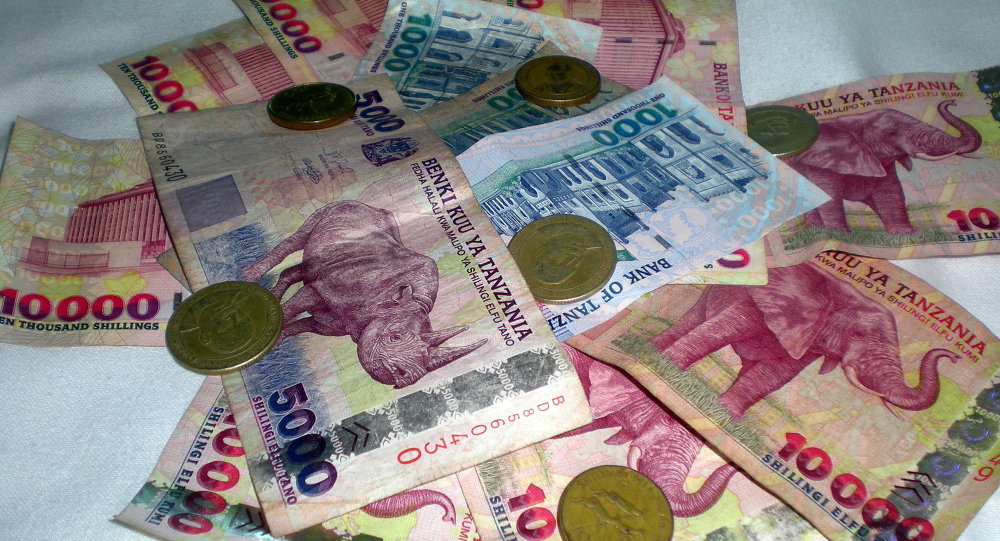
Tanzania and India are able to conduct business using their respective currencies, the Tanzanian shilling and the Indian rupee, thanks to a bilateral trade settlement agreement.
According to data from the Indian High Commission in Dar es Salaam, the value of trade between the two countries was $4.5 billion (roughly Sh10.4 trillion) in the year ending March 2022. India is one of Tanzania’s largest trading partners.
According to Binaya Pradhan, the Indian High Commissioner to Tanzania, between April 2021 and March 2022, India’s exports to Tanzania totaled $2.3 billion (or about Sh5.3 trillion), while its imports from the East African country were estimated to be $2.2 billion (about Sh5.1 trillion).
He claimed that Tanzanian businesses and banks have the chance to fully utilize the new framework to enable seamless payment in local currencies.
Mr. Pradhan added that this is anticipated to increase bilateral trade as well as aid in conserving foreign exchange. “There is a huge potential for our trade to grow. We are expecting our trade volume to cross $6 billion (Sh13.8 trillion) this year,” he said.
Tanzania exports minerals, particularly gold, and agricultural products to India, whereas the south Asian nation imports petroleum products, pharmaceuticals, and engineering goods from Tanzania.
The Reserve Bank of India (RBI) has paved the way for trade using local currencies by allowing authorized Indian banks to open Special Rupee Vestro Accounts (SRVA) in Tanzania, according to a press release posted on the Indian High Commission in Dar es Salaam’s website.
Tanzanian banks must open SRVA in India in order to trade under this mechanism. They must then approach authorized Indian banks, who will then approach RBI for their approval with information about the arrangement.
The Bank of Baroda, which has branches operating in Tanzania, has received RBI’s approval for opening SRVAs for its foreign branches and subsidiaries situated in various countries, including Tanzania, the statement said.
Indian importers using this mechanism will pay invoices for the supply of goods or services from the overseas seller or supplier with payments made in Indian rupees that will be created into the special Vestro account of the correspondent bank of the partner country.
On the other hand, Indian exporters who use this mechanism to export goods and services can receive their export proceeds in rupees from the funds in the designated Special Vestro Account of the partner country’s corresponding bank.
This arrangement is now applicable to 18 countries, including Kenya, Uganda, Botswana, Mauritius and Seychelles, Fiji, Germany, Guyana, Israel, Malaysia, Myanmar, New Zealand, Oman, Russia, Seychelles, Singapore, Sri Lanka, and the United Kingdom.
Details of the bilateral trade mechanism using local currencies will be discussed at a meeting of stakeholders organized by the Indian High Commission on March 24.
Source:
www.pulse.com.gh
Source link

